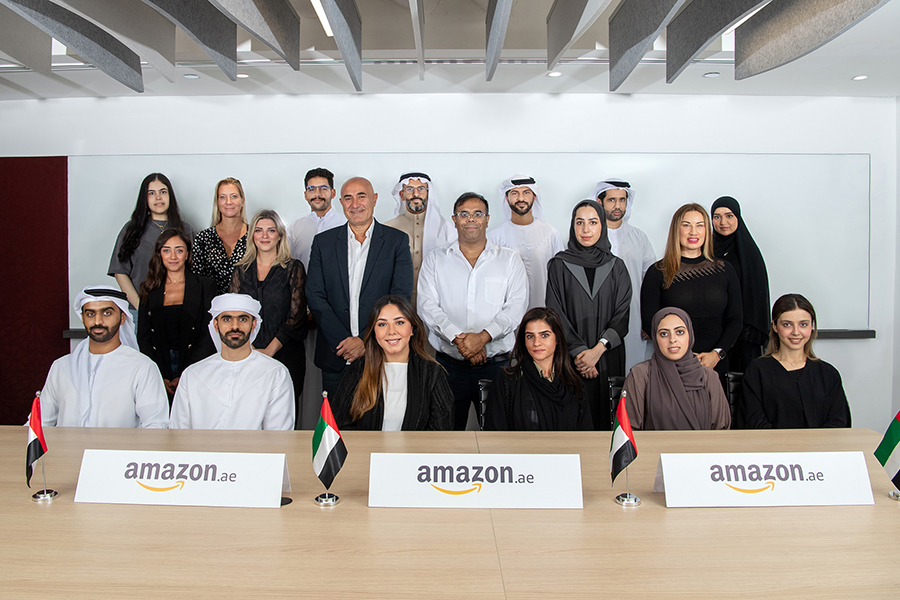Introduction: Empowerment Women in the UAE
Women’s empowerment and workforce participation. Once a society where traditional gender roles dominated, the UAE now stands as a global leader in gender equality initiatives, ensuring that women play a significant role in its economic and political landscape. From business executives to government ministers, Emirati women have emerged as powerful contributors to the nation’s progress.
This article explores the role of women in the UAE’s workforce and leadership, highlighting key achievements, challenges, and future aspirations.
1. Historical Overview: Women’s Journey in the UAE
1.1. Traditional Roles and Cultural Shifts
Before the UAE’s rapid modernization and economic boom, women primarily held roles within domestic settings and small-scale businesses such as weaving and trading. However, the discovery of oil in the mid-20th century led to economic diversification, creating opportunities for women to enter professional fields.
1.2. Government Initiatives Driving Gender Equality
Under the visionary leadership of Sheikh Zayed bin Sultan Al Nahyan, the UAE began implementing women-friendly policies. Today, gender equality remains a priority, with the government:
- Establishing the General Women’s Union (GWU) in 1975.
- Implementing the UAE Gender Balance Council to promote equal opportunities.
- Launching the National Strategy for Empowerment of Emirati Women (2015-2021) to enhance female participation in all sectors.
2. Women in the UAE Workforce: A Rising Force
2.1. Increasing Female Participation in Key Sectors
Women now represent a significant portion of the UAE’s workforce, excelling in industries that were once male-dominated. Some key statistics include:
- 66% of public sector jobs are held by women.
- 30% of leadership positions in the private sector are occupied by women.
- 77% of Emirati women enroll in higher education, surpassing their male counterparts.
2.2. Leading Industries with High Female Representation
Emirati women are thriving in various industries, particularly in:
- Government and Public Administration: Women make up the majority of UAE’s government workforce.
- Finance and Business: Female entrepreneurs lead 23,000+ businesses worth billions.
- STEM (Science, Technology, Engineering, and Mathematics): Women constitute 56% of STEM graduates in UAE universities.
3. Women in Leadership: Breaking Barriers
3.1. Government and Political Leadership
The UAE is setting a global precedent by ensuring that women hold influential leadership roles in government. Key milestones include:
- 50% representation in the Federal National Council (FNC), making it one of the highest in the world.
- Appointment of nine female ministers in the UAE Cabinet, including leadership in crucial portfolios such as advanced sciences, tolerance, and international cooperation.
- Sheikha Lubna Al Qasimi, the UAE’s first female minister, paved the way for future female leaders.
3.2. Business and Entrepreneurship
The UAE’s business landscape is witnessing an influx of female entrepreneurs and CEOs who are shaping the country’s economy. Notable examples include:
- Raja Easa Al Gurg, managing director of the Easa Saleh Al Gurg Group.
- Huda Al Rostamani, leading the Al Rostamani Group.
- Sarah Al Amiri, chairwoman of the UAE Space Agency, playing a key role in the Mars mission.
4. Challenges Facing Women in the Workforce
4.1. Balancing Traditional and Modern Roles
Despite the UAE’s progressive stance, some cultural expectations still influence women’s career choices. Many Emirati women face challenges in balancing professional ambitions with societal expectations of family life.
4.2. Gender Pay Gap and Workplace Equality
While the UAE has made strides in gender equality, challenges persist:
- The gender pay gap still exists, particularly in the private sector.
- Some industries remain male-dominated, limiting women’s representation in executive roles.
- Maternity policies and work-life balance initiatives continue to evolve to better support working mothers.
5. UAE’s Initiatives to Empower Women Further
5.1. Policies and Legal Reforms
The UAE government has introduced multiple reforms to promote gender parity:
- Equal pay laws ensure that women receive fair wages.
- Flexible work policies have been implemented to support working mothers.
- The 100% pay parity law in government jobs ensures equal salaries for men and women.
5.2. Women-Oriented Programs and Support Networks
Several organizations provide mentorship, training, and financial support to empower female professionals and entrepreneurs:
- Emirates Business Women Council (EBWC) supports women-led enterprises.
- Dubai Women Establishment (DWE) offers leadership training for women in business and politics.
- The UAE Gender Balance Council continues to monitor and improve gender equality across all sectors.
6. The Future of Women in the UAE: A Vision for 2030 and Beyond
6.1. Increasing Women’s Representation in STEM and Innovation
With the UAE focusing on becoming a global innovation hub, efforts are being made to encourage more women to enter STEM fields. Initiatives include:
- Scholarships and incentives for women in engineering, AI, and space sciences.
- Support for female-led tech startups and investments in digital entrepreneurship.
- Promoting STEM education among young Emirati girls through specialized programs.
6.2. Strengthening Women’s Global Influence
The UAE is positioning itself as a leader in gender equality on the global stage. The country actively participates in UN gender initiatives and hosts major conferences to empower women internationally.
- Continued participation in international women’s forums.
- Strengthening diplomatic and trade relations led by female leaders.
- Increasing female representation in global decision-making bodies.
Conclusion: The UAE’s Commitment to Women’s Empowerment
The UAE has made unparalleled progress in empowering women, setting an example for the Middle East and beyond. From government roles to business leadership, Emirati women are driving national growth and shaping the future. While challenges remain, the UAE’s robust policies, education initiatives, and support networks continue to pave the way for gender equality.
As the UAE moves forward, its commitment to creating a diverse and inclusive workforce ensures that women will remain at the forefront of innovation, leadership, and economic transformation. The journey of Emirati women from tradition to leadership is a testament to the UAE’s progressive vision, proving that gender equality is not just a goal but a reality in the making.
Do follow on instagram
Saudi Arabia Vows to Host ‘World-Class’ 2034 World Cup with Key Initiatives



